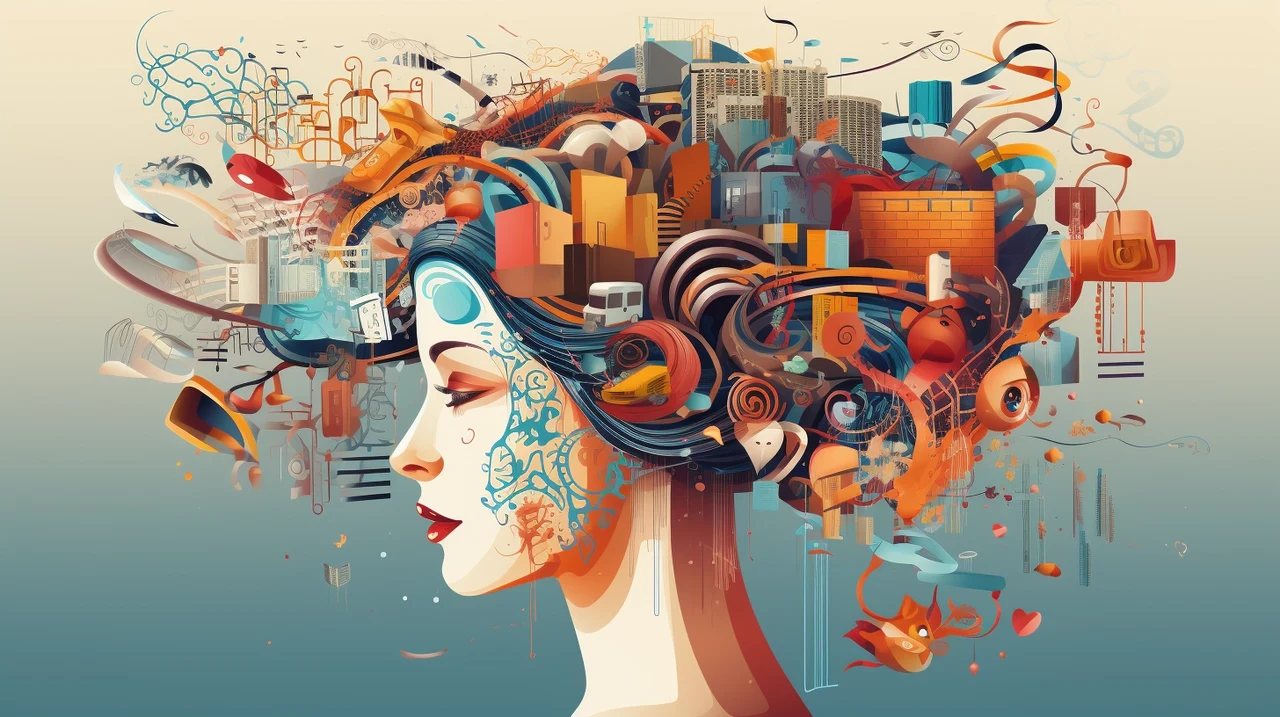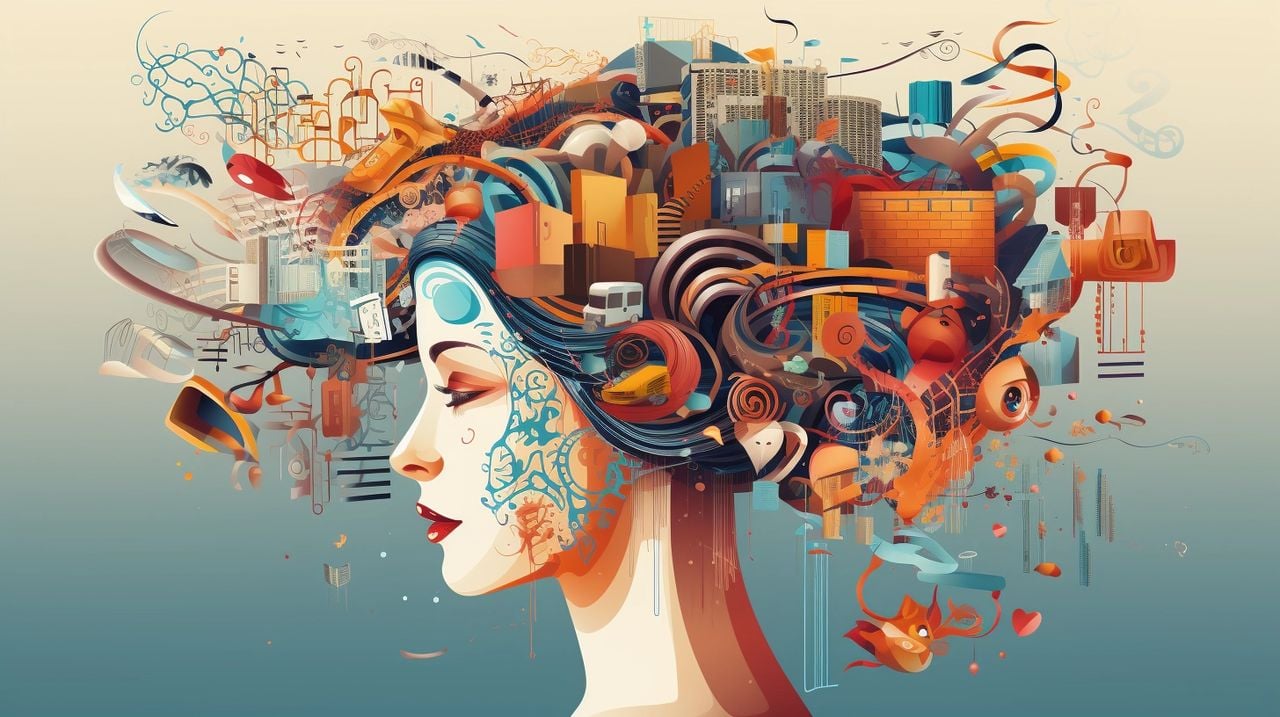
Imagine having a personal tutor that’s available at any time, ready to help you learn and remember new information more effectively. This isn’t just a fantasy; it’s a reality with ChatGPT, an AI-driven chatbot that’s transforming the way we approach learning. By tapping into the capabilities of ChatGPT, you can unlock a more efficient way to absorb and retain knowledge across various subjects.
ChatGPT can be your go-to resource for quickly understanding new topics. It can generate summaries, quizzes, and even in-depth articles to help you dive into unfamiliar subjects. This instant access to customized information can make even the most complex topics more manageable. However, it’s important to double-check the facts that ChatGPT provides to ensure you’re getting accurate and reliable information.
But ChatGPT isn’t just for learning new things; it can also help you make sense of what you already know. By feeding it the key points of your study material, ChatGPT can reorganize them into different formats, such as timelines or narratives. This can be especially helpful for subjects that involve a lot of interconnected events or characters, like history or literature. By presenting the information in a new way, ChatGPT can help clarify and reinforce your understanding.
Improve your knowledge retention and learning with ChatGPT
Here are some other articles you may find of interest on the subject of learning new skills using artificial intelligence :
Another innovative way to use ChatGPT is to enhance your memory through music. It’s well-known that setting information to a tune can make it easier to remember. ChatGPT can help you compose songs that encapsulate complex data, whether it’s the periodic table of elements or key historical dates. This creative approach to learning can significantly improve your long-term retention of information.
ChatGPT Visual Learning
For those who are visual learners, ChatGPT can be particularly useful. It has the ability to create mind maps and flowcharts, which can visually organize and connect ideas. This can be a game-changer when trying to understand complicated concepts or processes. By breaking down information into visual representations, ChatGPT can help you see the relationships between different pieces of information, making it easier to comprehend and remember.
Sometimes, the best way to understand a difficult concept is to relate it to something you’re already familiar with. ChatGPT excels at creating analogies that can make even the most abstract ideas more relatable. For example, it might compare a black hole to a whirlpool to help explain its properties in a way that’s easier to grasp. These analogies can be a powerful tool for deepening your understanding of challenging subjects.
Simplified Explanations
When you’re struggling to understand a topic, asking ChatGPT for a simplified explanation can be incredibly helpful. This approach, similar to how you might explain something to a child, can help you get to the heart of a subject. By starting with the basics, you can build a strong foundation that will make it easier to delve into more complex aspects later on.
Tips and tricks to enhance your learning using ChatGPT
1. Active Engagement
Active engagement with the material is key to learning effectively. Instead of passively reading or listening, interact with ChatGPT by asking questions, summarizing concepts in your own words, and generating quizzes.
- Asking Questions: Formulate specific questions about the topic you’re studying. If you’re learning about a complex concept, break it down into smaller, manageable questions.
- Summarizing: After reading a piece of information or a concept explanation, try to summarize it in your own words and ask ChatGPT to review your summary. This encourages comprehension and retention.
2. Spaced Repetition
Spaced repetition is a learning technique that involves reviewing material over increasing intervals of time. Use ChatGPT to create a schedule or set reminders for revisiting topics.
- Review Sessions: Schedule regular sessions to review previously covered material with ChatGPT. Ask it to generate questions or explain concepts again to reinforce learning.
- Incremental Difficulty: Gradually increase the complexity of the material or the depth of questions over time to build a stronger understanding.
3. Application and Practice
Applying what you’ve learned in practical scenarios is crucial for deep understanding. ChatGPT can assist in creating practical exercises or scenarios based on the knowledge area.
- Real-world Applications: Ask for examples of how theoretical knowledge is applied in real-world scenarios.
- Practice Problems: Request practice problems or case studies related to your field of study. This can be particularly useful for subjects like mathematics, programming, or language learning.
4. Feedback and Correction
Feedback is essential for correcting misunderstandings and reinforcing correct knowledge. Use ChatGPT to get immediate feedback on exercises or to clarify doubts.
- Instant Feedback: After solving a problem or completing an exercise, ask ChatGPT for feedback or the correct solution.
- Concept Clarification: If you find certain points confusing, ask for clarification or alternative explanations.
5. Interdisciplinary Learning
Integrate knowledge from various disciplines to enhance understanding and retention. ChatGPT can help connect concepts across different fields.
- Connecting Concepts: Ask how a concept in one field relates to or impacts another field. This helps in building a more integrated knowledge base.
- Cross-disciplinary Examples: Request examples that demonstrate the intersection of different disciplines, enhancing your ability to apply knowledge in varied contexts.
6. Reflection and Adaptation
Reflect on your learning process and adapt strategies as needed. ChatGPT can serve as a reflective tool, helping you to evaluate your progress and strategies.
- Reflective Questions: Periodically, ask yourself what strategies have been most effective and discuss these with ChatGPT.
- Adapting Strategies: Based on your reflections and feedback, adjust your learning strategies. ChatGPT can offer suggestions on alternative approaches or resources.
7. Leveraging Multimedia Resources
Although ChatGPT primarily deals with text, it can suggest or summarize multimedia resources that can aid in your learning.
- Resource Recommendations: Ask for recommendations on books, articles, videos, or podcasts that can supplement your learning.
- Summaries and Overviews: For extensive resources, ask ChatGPT for summaries or key points to focus on.
ChatGPT can be an invaluable ally in your quest for knowledge. By using it to create personalized learning materials, reframe your existing knowledge, employ mnemonic devices, utilize visual aids, and draw insightful analogies, you can significantly enhance your learning efficiency and memory retention. Incorporating these strategies into your study routine can elevate your understanding and recall to new levels.
Whether you’re a student looking to ace your exams, a professional aiming to stay ahead in your field, or simply a curious mind seeking to expand your horizons, ChatGPT can help you achieve your intellectual goals. By leveraging this powerful tool, you can transform the way you learn and ensure that you’re making the most of your cognitive potential. So why not give ChatGPT a try and see how it can help you boost your brainpower today?
Filed Under: Guides, Top News
Latest timeswonderful Deals
Disclosure: Some of our articles include affiliate links. If you buy something through one of these links, timeswonderful may earn an affiliate commission. Learn about our Disclosure Policy.

